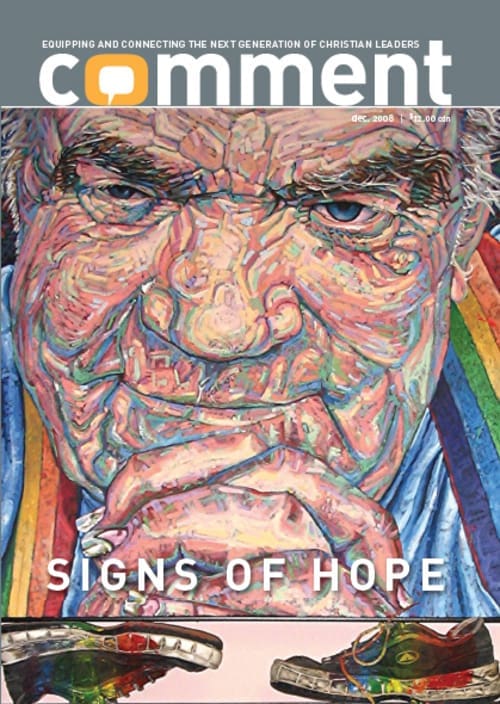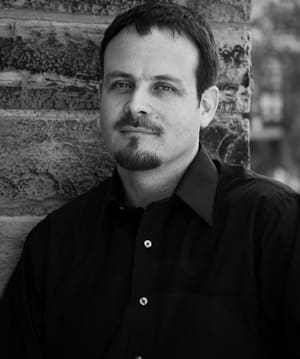“We are a culture without the will to seriously examine our own problems. We eschew that which is complex, contradictory or confusing. As a culture, we seek simple solutions. We enjoy being provoked and titillated, but resist the rigorous, painstaking examination of issues that might, in the end, bring us to the point of recognizing our problems, which is the essential first step to solving any of them.”
—David Simon, show creator of The Wire“‘I am struck by how dark the show is,’ says Elijah Anderson, the Yale sociologist whose classic works Code of the Streets, Streetwise, and A Place on the Corner document black inner-city life with noted clarity and sympathy. Anderson would be the last person to gloss over the severe problems of the urban poor, but in The Wire he sees ‘a bottom-line cynicism’ that is at odds with his own perception of real life. ‘The show is very good,’ he says. ‘It resonates. It is powerful in its depiction of the codes of the streets, but it is an exaggeration. I get frustrated watching it, because it gives such a powerful appearance of reality, but it always seems to leave something important out. What they have left out are the decent people. Even in the worst drug-infested projects, there are many, many God-fearing, churchgoing, brave people who set themselves against the gangs and the addicts, often with remarkable heroism.'”
—Mark Bowden, “The Angriest Man In Television,” The Atlantic (January/February 2008)“What ultimately makes The Wire uplifting amid the heartbreak it conveys is its embodiment of a spirit that Barack Obama calls ‘the audacity of hope.’ It is filled with characters who should quit but don’t, not only the boys themselves but teachers, cops, ex-cops, and ex-cons who lose their hearts to them. This refusal to give up in the face of defeat is the reality of ghetto life as well. Feel me: It’s what The Wire is all about.”
—Jacob Weisberg, “The Wire on Fire: Analyzing the best show on television,” Slate (September 13, 2006)
David Simon’s effort to imaginatively portray the complexities of contemporary life in his television series The Wire (my favourite piece of television in a long, long time) is understood by Elijah Anderson as ultimately cynical and by Jacob Weisberg as ultimately hopeful. It is difficult to seriously talk about the complexities of the heartbreaking world in which we live without appearing cynical. And yet, even the most gimlet-eyed and hard-bitten of us yearn for hope.
We are putting this issue of Comment together in the season of Advent. We have asked several of our contributors to reflect the season by exploring various aspects of hope—to write about movements of hope in Protestant and Catholic Christianity; to explore possibilities for hope in China and in the relationship of North American political communities to their Muslim citizens; and, in our symposium, to tell us of signs of hope they are noticing.
Our friend John Stackhouse of Regent College in Vancouver, British Columbia wrote in his blog a year ago:
There is no Yuletide sentimentality in Advent. Peace will not come by wishing for it. Peace will not come by imagining it. Peace will not come by God waving a magic wand over it. No, peace will come by God wielding a scepter—and a sword. Peace will come only in the drastic rearranging of the deranged, and if that sounds violent, it is. [. . .] God’s justice will arrive like a hurricane. We cannot possibly disperse the choking murk of the accumulated smog of millennia of sin—our own and others’. We cannot venture a single step in confidence, given our moral blindness and a world system we simply cannot trust for justice. But God can blow the miasma away and leave only fresh air. God can roll back the clouds and let the sunshine in. And he will do so upon his own people for the benefit of all people.
And so, as we gather the words and pictures that make up Comment, we do so in the hope that the hurricane of God’s justice and mercy will yet blow in our lives; in the lives of our community of writers, artists and readers; and in the common life of our culture.
Come, Lord Jesus.



